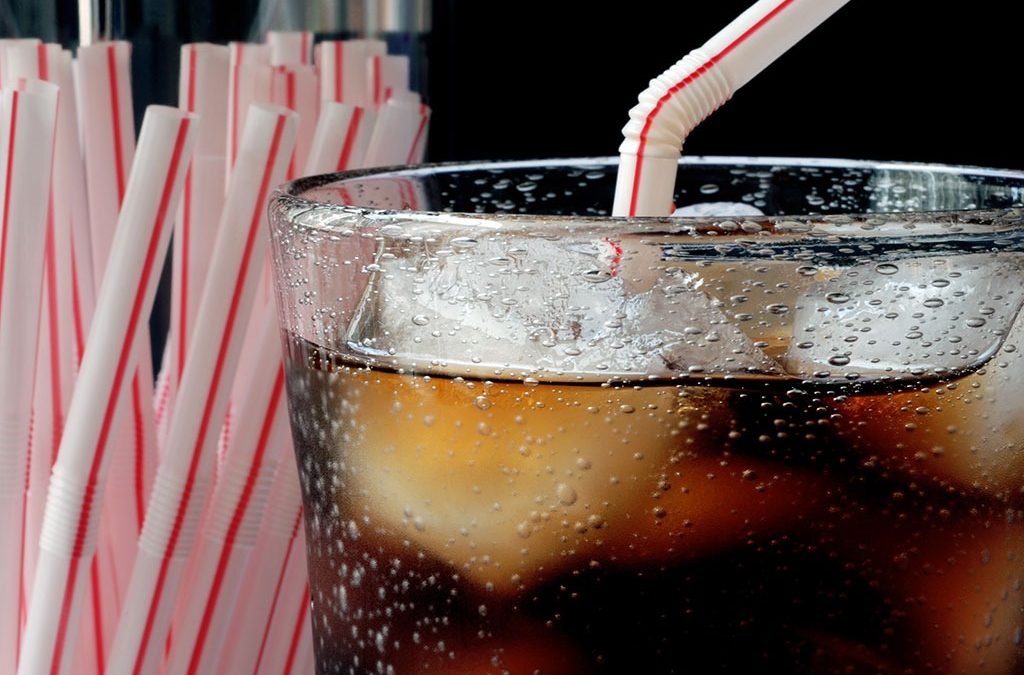- I always ate standing up due to a busy schedule
- Snacks took precedence over full meals
- Beverages (including the infamous diet coke) were used frequently as food replacements
- Increased stress made snacking worse
- Look more appealing and increase the likelihood that the meal will be eaten as is (no going back to the fridge or pantry).
- Encourage appropriate intake of a variety of foods and nutrients (this is particularly healthy if you model MyPlate), which is more satisfying compared to snacking.
- Help you avoid oversized portions and mindless eating.
- Lessen meal replacement needs.
Besides providing needed energy to the body, proper nutrition can affect a person’s temperament. Sure, I consciously tried harder to find diet coke replacements, but I truly did not have to do much beyond eating three full meals a day. Research points to diet influencing brain structure and behavior, with certain foods increasing the production of mood enhancers like serotonin. Basically, eating enough of the right foods freed me of my 11 year “crutch” turned addiction.
Bio:
Cheyenne Richards is an Austin-based businesswoman and dietitian. Holding both MBA and RDN credentials, she is currently focusing her work on children’s health. For more information visit www.toddlerchow.com.
References:
- Mahan, K.L., Escott-Stump, S., Raymond, J.L. (2012) Krause’s Food and Nutrition Care Process, 13th Edition. St. Louis, Missouris: Elsevier.
- Dennett, C. (2016). Eating healthy? There’s an app for that. The Seattle Times. Retrieved from http://www.seattletimes.com/life/wellness/eating-healthy-theres-an-app-for-that/
- Aubrey, A. (2012). Calorie tracking apps may help boost weight loss. NPR. Retrieved from http://www.npr.org/sections/thesalt/2012/12/10/166889323/ga-ga-over-mobile-calorie-tracking-app-study-finds-it-may-be-a-helpful-tool.
- PBSParent. https://extension.unh.edu/resources/file/Resource001979_Rep2914.pdf
- University of New Hampshire, USDA and NH Countries cooperating. Adapted 7/11 https://unh.edu/resources/files/Resource1979_Rep2914/pdf6. Smiechowski, J. (2014) Nutrition and Recovery: How Healthy Eating Can. TheFix. Retrieved from https://www.thefix.com/content/nutrition-and-addiction-recovery-how-healthy-eating-can-help-you-stay-sober?page=all


What To Eat Before & After Your Workouts
Enter your email for FREE access to the exclusive resource.
You have Successfully Subscribed!
100% privacy. No spam.